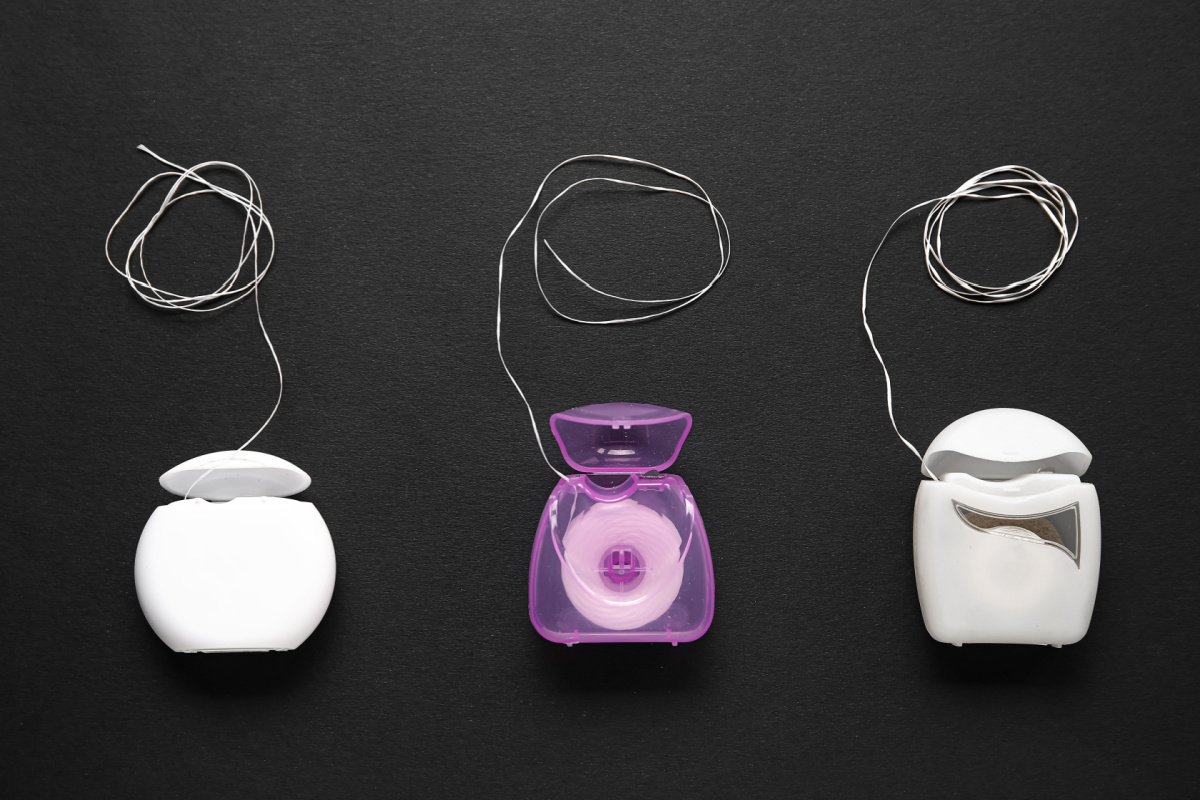We all know the drill – brush twice daily, and your teeth will look as good as new every day. But what about flossing? This often overlooked part of our oral hygiene routine is surrounded by myths and misconceptions. Some people believe it’s unnecessary if you brush regularly, while others fear it does more harm than good. Thankfully, Center City Emergency Dentists are well aware of the “dos and don’ts” of flossing and can shine a light on the truth. We’ll provide the facts you need to understand why flossing should be an integral part of your dental care routine.
Misconception 1: Flossing is Not Necessary if You Brush Regularly
One of the most widely held beliefs about oral hygiene is that brushing your teeth twice a day makes flossing redundant. This, however, is a significant misconception. While brushing your teeth is crucial for maintaining oral health, it only cleans the surface of your teeth. Conversely, flossing gets into those hard-to-reach spaces between your teeth and under your gum line – areas your toothbrush can’t reach. Without flossing, you’re leaving up to 30% of your tooth surfaces uncleaned. This untouched plaque can lead to tooth decay and gum disease over time.
Misconception 2: Flossing Causes More Harm Than Good
This misconception is born out of the fear that flossing can cause damage to your gums, leading to bleeding or receding gum lines. While it’s true that improper flossing can lead to some harm, flossing is a safe and essential part of oral hygiene when done correctly. If you’re experiencing bleeding while flossing, it could be a sign of inflammation or gum disease, not necessarily damage caused by the floss. Make sure you use a gentle touch and follow the correct technique—glide the floss between the teeth and along the gum line rather than forcing it. With regular and proper flossing, your gums will become healthier, the bleeding will lessen, and you’ll be actively preventing potential oral health problems.
Misconception 3: Bleeding While Flossing Means You Should Stop
It’s not uncommon for people to be alarmed when they see blood while flossing and take it as a signal that they should stop, fearing that they’re causing damage. However, this is a misconception. Sure, no one WANTS to bleed while flossing, but bleeding shouldn’t always be seen as a bad sign. In fact, bleeding gums during flossing can indicate inflammation or gingivitis — early-stage gum disease often caused by plaque buildup. Instead of discouraging you, bleeding should serve as a wake-up call to improve your oral hygiene routine. Regular and correct flossing can help reduce inflammation and eventually stop the bleeding.
Misconception 4: Flossing is Only Needed When Food is Stuck Between Teeth
Many believe flossing is only necessary when they can feel or see food stuck between their teeth. This is a common misconception that undervalues the importance of regular flossing. While flossing does indeed help remove trapped food particles, its primary role is to eliminate plaque, a sticky bacteria-laden film that constantly forms on and between your teeth. Plaque is often invisible to the naked eye, but if not removed regularly, it can lead to tooth decay and gum disease.
Misconception 5: All Types of Dental Floss Work the Same
There’s a wide variety of dental floss options available on the market, and it’s a misconception to think they all work the same. The truth is that the type of floss you choose can make a significant difference in your oral hygiene routine. Waxed floss, for instance, is smooth and easy to slide between closely spaced teeth, while unwaxed floss will squeak against clean teeth, indicating plaque has been removed. There’s also dental tape, which is broader and flat, making it a good option for people with larger gaps between their teeth. Those with braces or dental bridges might find a floss threader or a water flosser more efficient. The key is to find the type of floss that works best for your mouth and use it regularly.
Misconception 6: It Doesn’t Matter When You Floss During the Day
While it’s true that flossing at any time is better than not flossing at all, the timing of your flossing does impact its effectiveness. One common misconception is that it doesn’t matter when you floss as long as it gets done. However, dentists often recommend flossing before brushing your teeth at night. This way, the fluoride from your toothpaste has a better chance of reaching between your teeth, where plaque can accumulate. Additionally, flossing before bedtime removes the day’s buildup of plaque and bacteria, reducing the risk of overnight decay. That said, the most important thing is to maintain a regular flossing routine, whether it’s in the morning, evening, or even midday.
Misconception 7: Children Don’t Need to Floss
Just like adults, children are susceptible to plaque buildup and cavities between their teeth, where a toothbrush can’t reach. Therefore, it’s crucial to introduce flossing as a part of their oral hygiene routine from an early age. The American Dental Association recommends starting to floss as soon as a child has two teeth that touch. While young children may struggle with the coordination needed for flossing, parents can assist them until they’re able to do it on their own, usually around the age of ten.
Don’t Fall Victim to Misconceptions!
It’s clear that many common misconceptions about flossing can lead to subpar oral hygiene practices. Flossing is vital to maintaining healthy teeth and gums, and debunking these myths will help ensure optimal oral health. Remember, everyone’s mouth is unique, and what works best for one person may not work best for another. Therefore, it’s always a good idea to consult a dental professional about your oral hygiene routine.
Center City Emergency Dentists provides the dental care you need to keep your teeth clean for years to come. Be sure to make our routine cleanings a part of your dental care plan. And if you’re experiencing any gum issues, don’t hesitate to contact us today for our periodontics services.

